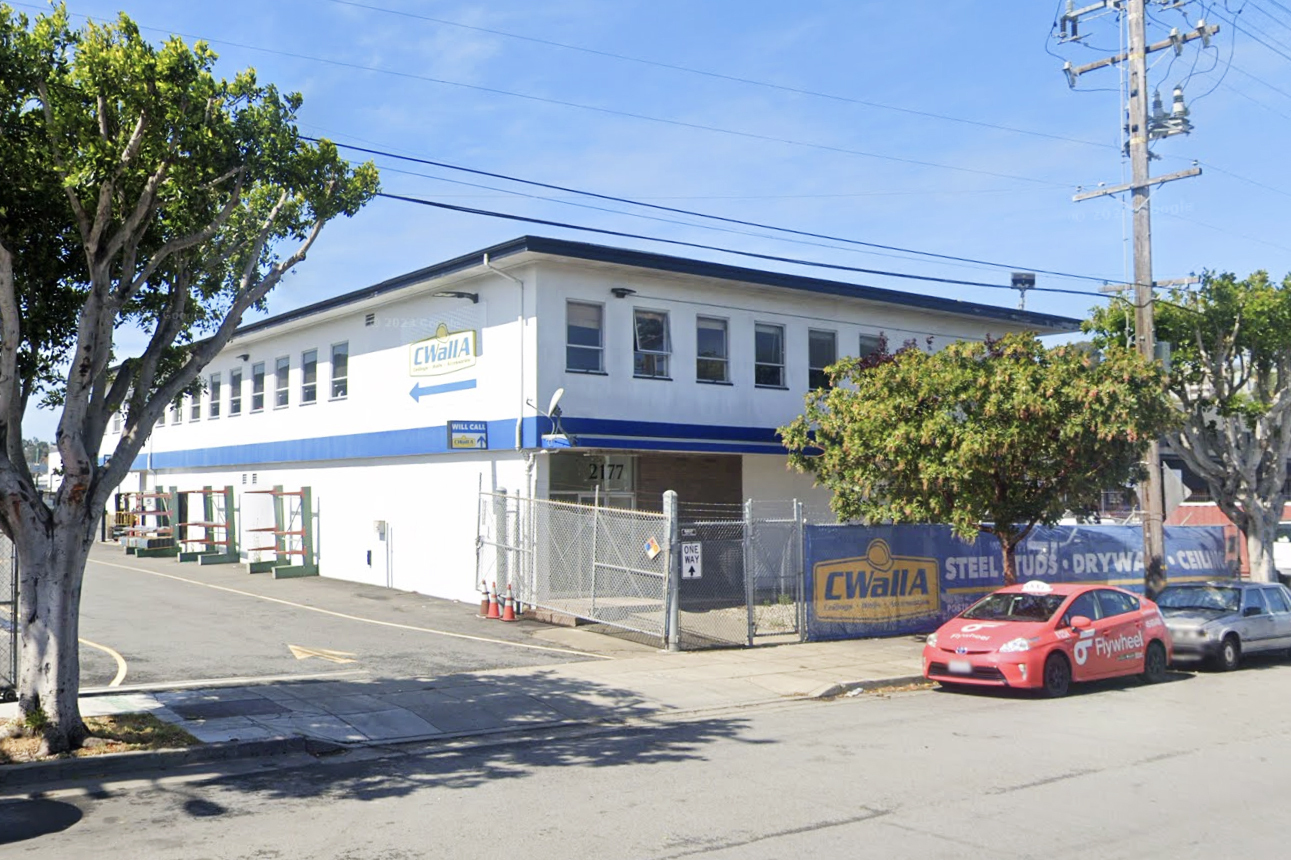The City of San Francisco has agreed to lease a plot of land in Bayview that will pave the way for the construction of a much-needed homeless shelter.
The 2.25-acre site is located at 2177 Jerrold Ave. and was previously an industrial site used for housing construction materials.
With the land now in hand, the Department of Homelessness and Supportive Housing will move forward with constructing 60 individual “tiny homes” and a parking site for up to 20 inhabited vehicles, and will convert two warehouses into shared facilities and offices.
According to planning documents, those facilities would include restrooms and showers, a warming kitchen, a health clinic, a community room and offices for connective social services. The site will also provide additional storage facilities for residents and will welcome couples and those with pets.
Real estate firm Newmark represented the property owner, L.B. Stone Properties, in the deal, which consists of a 15-year lease with options to renew.
Should the owner opt to sell the property at any point, the city would have the first right to purchase it, said Newmark Executive Managing Director Mark Geisreiter, who helped broker the deal.
Washington-based L.B. Stone, which specializes in industrial spaces, purchased the site for $9 million in 2016, according to property records. The two warehouses span 24,455 square feet and are flanked by 79,643 square feet of secure yard space.
“This was just a really nice bit of supply and demand,” Geisreiter said. “The team representing the city got along really well with their counterparts on the other side of the table, and they were very collaborative in getting this done.”
The city started engaging with the property owner about the lease in February of last year, Geisreiter said.
To greenlight the redevelopment, the city had to invoke State Assembly Bill 101 to get around local zoning requirements, which prohibit new housing or office developments at the site. Among other things, the law streamlines the approval of developments to address homelessness.
During a declared shelter crisis, homeless shelter projects that satisfy certain requirements are allowed to bypass some zoning rules and environmental reviews. Chief among those requirements are that the proposed structures be either existing or temporary and that the site be principally owned, operated or leased by the city.
A spokesperson for the city’s homelessness department did not respond to multiple requests for comment. An updated timeline for the construction of the project is not immediately known.
